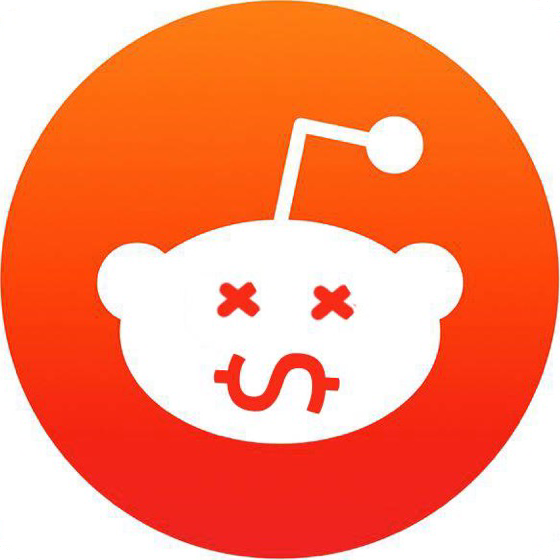I have been an Android user for 13 years now. After using almost every Google service possible I am going down the privacy rabbit hole lately. Gmail -> Proton Mail, Chrome -> Firefox, Keep -> Notesnook, Google Search -> Kagi, …
I am currently using a Galaxy S23 with as few Google apps as possible (and focussing mainly on open-source apps). I am familiar with rooting (I was a CyanogenMod user back in the days), but today I want to use the phone without tinkering and problem solving. I also like to use a smartwatch and banking apps, so GrapheneOS is a no-go unfortunately.
So it is “Stock” Android (or Samsung’s Android ) vs. iOS for me. Is it better (in terms of privacy) to use an iPhone or stick with an Android phone with an system wide ad-/tracking Blocker (I use Adguard)? It seems there are more privacy-friendly/open-source apps on Android.


iPhone has the better reputation for privacy/security, however it is proprietary software and so no one can really tell for sure what kind of data that Apple might collect on you.
The same is true for stock Android devices. Unless you are using a custom ROM without Google Play Services, there is more proprietary software than open source running on Android devices.
The best fasle advertising on privacy/security rather?
Their goal is blocking any other advertising method so only they can collect and use the data of their users for advertising.
Security? They can (or could) be hacked, with a backdoor, just with an invisible message…
So most of their reputation is just marketing (which goes pretty near to false advertising ex : the your data stays on your device… Which is just false).
Tho they may have a reputation of refusing to give data to public organizations (or at least depending on the data).